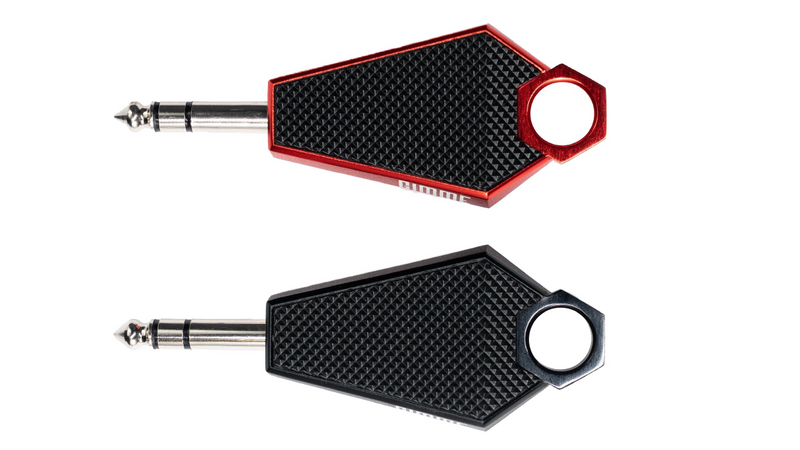The Best Raw Materials Used in Machining

While it’s important to ensure your machining can produce the exact specifications of your clients, an equally important factor you must consider is what material you should use to produce the most quality product. For a frame of reference, read on to discover the best raw materials used in machining.
Steel
One of the most common and popular materials for all manufacturers, steel is valued for its strength and durability while being easier to wield than other common materials. This makes steel ideal for industrial manufacturing like automotive, oil, and gas industries. However, the flaw of steel is that it is prone to corrosion without proper heat treatment.
Stainless Steel
Similarly, stainless steel’s popularity has been ever-growing because it has the same strength and durability as normal steel. Stainless steel also has added advantages that make it one of the best raw materials used in machining for its versatility that is ideal for industries like restaurants and pharmaceuticals.
Aluminum
Aluminum has similar corrosion resistance to stainless steel, but is lightweight, easier to machine, and an inexpensive alternative to steel. Aluminum can be machined to tight tolerances or plated with other materials to make aluminum harder or more conductive, however, to properly achieve this, aluminum welding must be handled by an experienced machining shop in order to achieve the desired effects.
Copper
Copper is a prized material for its natural conductivity and is another material with natural corrosion resistance. However, copper doesn’t hold tolerances as well as aluminum and can be difficult to machine for its plasticity and toughness. So, while copper is still a useful material, it’s almost always better used as an electrical conductor.
Titanium
Titanium is valuable as it has the highest strength-to-weight ratio of any metal. It also features resistance to heat and corrosion, is considered light as far as metal goes, and is biocompatible, meaning it is not harmful to living tissue in any way. The drawback, however, is that titanium is also difficult to machine and can be expensive.
Brass
Brass, on the other hand, is much more economical if pricing is an issue. Most often used for cast parts, brass is easy to machine, has a clean finish, is non-sparking, and holds tolerances well while being easy to thread with other materials. It should not be used for semiconductors, however, as it contains zinc and tin.
Plastics
Plastics are another economical material that is versatile across most industries, and engineered plastic continues to improve. The advantages of plastic are that it is inert, non-conductive, and its wide range of applications have made it a cheap but equally effective alternative to materials such as aluminum. It’s also easy to clean, making it very hygienic.




